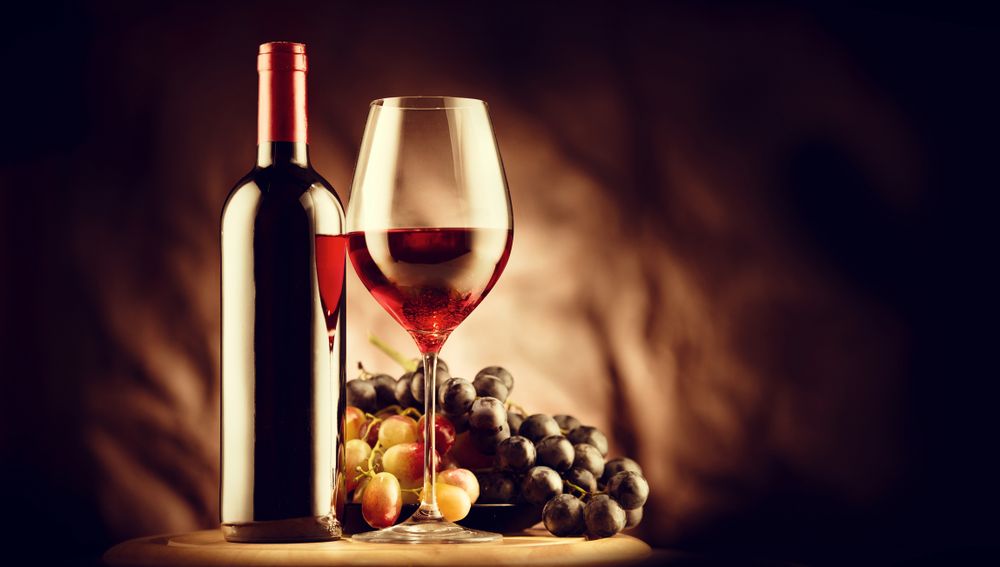Viticulture

While principal production areas are located in the south-east states (South Australia, New South Wales and Victoria), wine grape growing and winemaking are carried out in all Australian states and territories!
Economic benefits of being water-wise in viticulture include:
- Decreased cost of water supplied (mains water), as well as of wastewater disposal;
- Reduced pumping needs, which will reduce annual energy costs (and greenhouse emissions); and
- Fewer infrastructure requirements, such as the maintenance of pumping equipment and water pipes.
More benefits to being water efficient in Viticulture!
- Improved quality of grapes
- Improved crop yield (more grapes per area of land).
- Improved business image and marketability of your product
- Reduced impact of stormwater flow and the potential for erosion. This minimises damage to your property, as well as the local environment
- Protection of local aquatic environments, by the improved quality of flows from the property
- Preparation of the company for future drought, water restrictions or an increase in water prices
- Minimisation of the impacts of salinity and groundwater contamination in your region.

How to use just the right amount of water in the wine industry
- Install water meters on major plant machinery or processes. This will allow you to track water use performance, identify leaks and set targets for water reductions.
- Consider conducting a detailed water audit to identify problem areas and prioritise solutions. Your water authority can provide advice on how to do this.
- Use equipment with automatic shut-off devices, to eliminate water wastage.
- Use high-pressure nozzles and spray devices. The higher pressure should clean surfaces more effectively, with limited volumes of water.
- Use flow restrictors to control flow rates to equipment and taps.
- Try to avoid mixing solids with water wherever possible.
- Sweep down surfaces rather than hosing or mopping. Use brooms, scrubbers and squeegees.
- Filter out organic materials before discharging water as effluent.
- Introduce automatic cleaning systems, to reduce both water and chemical use.
- Use water sparingly when cleaning equipment.
- Recycle water used in leak testing barrels.
- Consider treating and reusing winery wastewater for vineyard or other crop irrigation.
- Consider using rainwater and stormwater collected from the site for activities such as wash-downs and toilet flushing. See our sections on rainwater and construction for more information.

